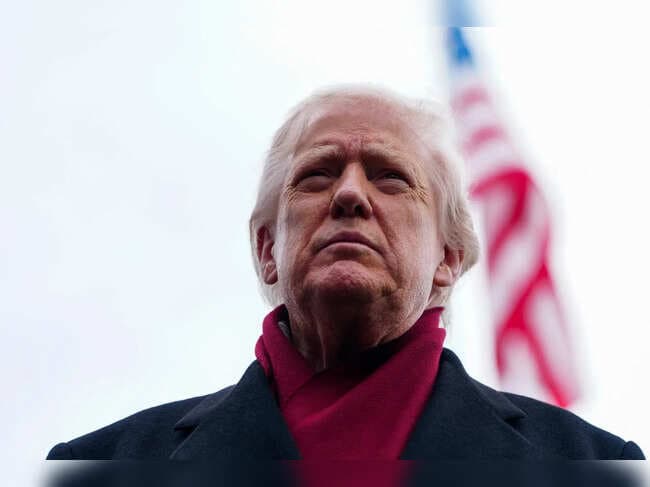Russian Executive Says Domestic AI Gives Nations Nuclear Era Power
A senior Sberbank executive warns that countries building home grown large language models will gain influence as consequential as nuclear power for this century, and that an emerging "AI club" is closing to latecomers. His comments at Russia’s AI Journey event highlight the technical, economic and geopolitical hurdles Moscow faces as it seeks to catch up while managing energy needs, sanctions and the risk of wasted infrastructure spending.

Alexander Vedyakhin, first deputy chief executive of Sberbank, tells an audience at Russia’s AI Journey event that nations that develop indigenous large language models will acquire a new form of strategic leverage. He argues that this generation of artificial intelligence will confer on governments an influence comparable to nuclear power across the century, creating what he calls an "AI club" that is effectively closed to states that lag behind.
Vedyakhin says countries will need two or three home grown models to run sensitive public services securely, because reliance on retrained foreign models raises unacceptable risks to confidentiality and sovereignty. That requirement sets a high bar, both technically and financially, for states that do not already have robust AI research ecosystems and domestic semiconductor and cloud capacity.
He places Russia roughly six to nine months behind the United States and China in model development, but he frames that gap as surmountable. Sberbank is positioning itself as a national player in the effort, working alongside technology firms such as Yandex to accelerate model development. Part of the strategy includes plans to open source some commercial models, a move intended to spur domestic use while attracting external collaborators.
Scaling generative AI at national scale will demand large increases in electricity and grid capacity, Vedyakhin warns. He cautions against "overheated" spending on infrastructure that may not yield returns if technologies or market conditions change. At the same time he describes Russia as relatively immune to an "AI bubble" because, he says, its investments are more measured and focused than in some Western markets.
The comments underline a broader strategic calculus in Moscow where technological sovereignty and data control are treated as national security priorities. Sanctions that have limited Russia’s access to high end chips and Western cloud services complicate the task, forcing greater reliance on domestic supply chains and creative engineering to operate large models under constrained hardware conditions.
Experts say the Russian approach echoes a global trend. Governments increasingly view advanced AI systems not merely as economic tools but as instruments of statecraft, with implications for intelligence, propaganda, critical infrastructure and regulatory power. The requirement for multiple indigenous models to safeguard sensitive services could accelerate duplication of effort worldwide, intensifying competition for talent, computing capacity and rare raw materials.
Vedyakhin’s remarks come as policymakers in multiple countries debate export controls, investment in sovereign compute capacity and norms for cross border data flows. If his assessment holds, countries that manage to field robust, trusted national models may reshape international influence in ways that are hard to anticipate today, while those that fail to act risk ceding both domestic control and global leverage to a narrowing circle of AI producers.


